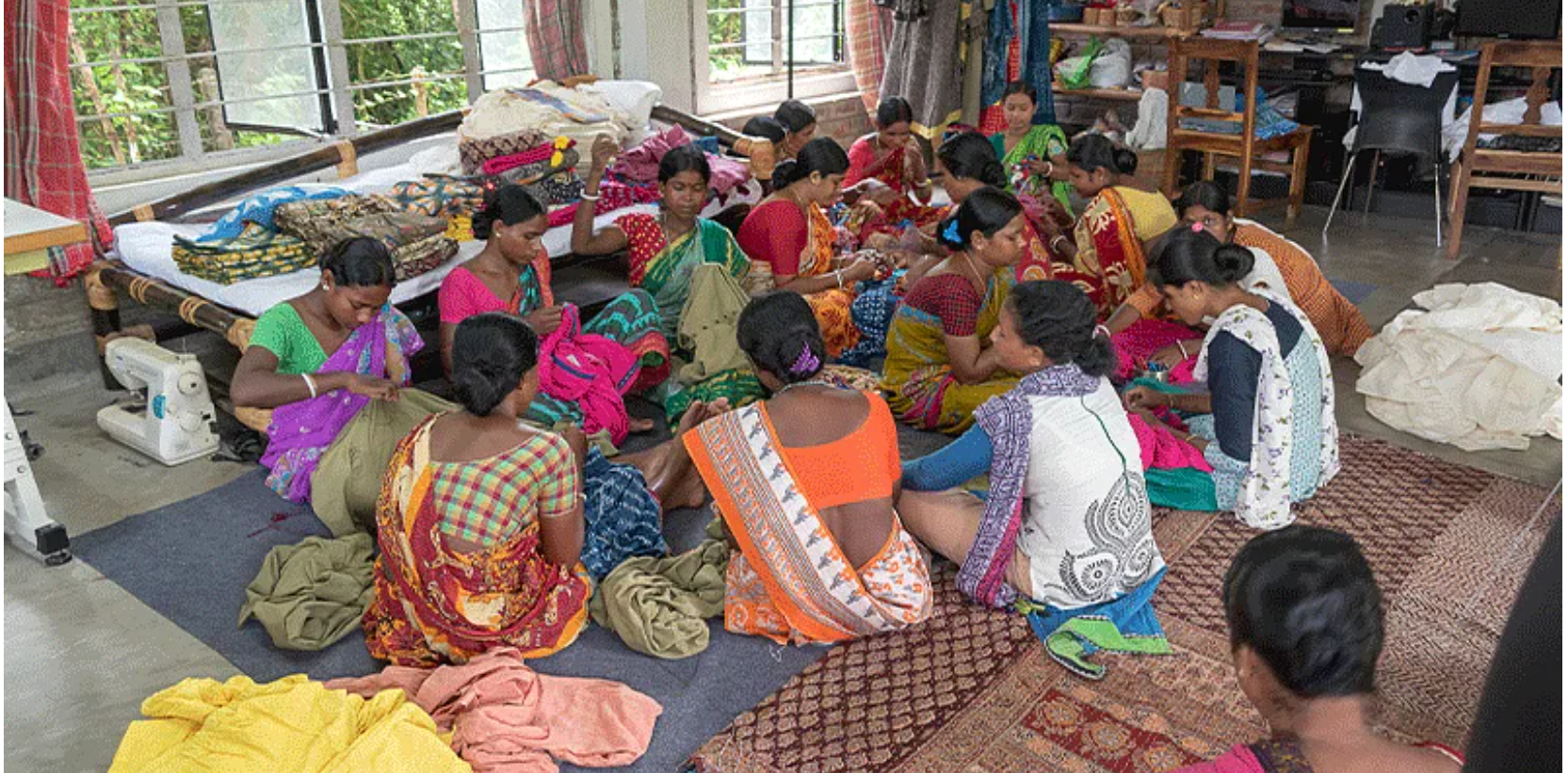The role of non-profits in India’s rural empowerment
Going beyond the boundaries of revenue villages, non-profits are able to penetrate through to smaller hamlets and tribal communities that are often off-the-grid for the government machinery.
The responsibility of implementing social and economic development programmes in a democracy lie with the state. However, in a country like India with a diverse landscape and population of close to 1.40 billion, reaching remote communities is a challenge. While our governments have made noteworthy efforts in the sphere, non-profits and civil institutions have been instrumental in creating a meaningful impact.
Working alongside local administrations, they excel at identifying and addressing needs of underserved communities by facilitating last-mile delivery of aids and programs in remote parts of the country.
Mann Deshi Foundation’s contribution to empowering rural women with financial literacy, Deshpande Foundation’s efforts in supporting rural entrepreneurship, BAIF’s role in agriculture development or for that matter BRAC’s immense contribution to social development in Bangladesh - these are all are fine examples of how the social and government sectors can work hand-in-hand towards our country’s growth story.
Going beyond the boundaries of revenue villages, non-profits are able to penetrate through to smaller hamlets and tribal communities that are often off-the-grid for the government machinery. Let’s take a look at why non-profits are specially equipped to address developmental work and empower India’s villages.
Changing mindsets
This is where non-profits have the most potential to create sustainable change. This work is hard and often neglected by other players. I strongly believe that poverty is mental and material and the former is more critical to meaningful change. Generational poverty often leads to a loss of aspiration and hope – or mental poverty. To begin a process of change, it is crucial that we address this aspect and create an ecosystem of positive transformation.
Grass-roots connect
Non-profits work at a hyper-local level, with their finger on the pulse of village life. They are therefore able to better identify and assess the needs and challenges of the communities. A fine example of this is how non-governmental organisations worked with nurses, teachers and community members in the 90s, to fight polio’s vaccine-hesitancy. Marred with superstition and apprehension of a new vaccine, mothers were reluctant to offer the dose to their children. We owe much of our polio-free status to the volunteers and workers that worked closely with communities to make the outreach possible.
Last mile delivery
The sector’s ability to access remote hamlets places them in a unique position to extend help to places off the grid. At the very start of the COVID lockdown, Hon. PM Narendra Modi urged civil institutions to support government efforts by supplying medical aid and protective gear to remote villages. A total of 92,000 NGOs were contacted by NITI Ayog for a ‘cross-sectoral’ association to deal with the Pandemic. Thanks to the intervention, the government statistics suggest that India’s Cumulative COVID-19 Vaccination Coverage exceeds 219.33 Cr.
Aid government efforts
In a country with a complex demographic like ours, the social sector acts as a helping hand to the government for effective implementation of its programmes and schemes. It helps identify need gaps and community expectations while creating a two-way communication bridge.
The social sector’s contribution to empowering self-help groups is noteworthy in this regard. Many SHGs that started off as credit groups have today transformed into entrepreneurial, profit-making ventures thanks to non-profit interventions that have facilitated microcredit and bank loans for them under government schemes, apart from providing them with financial literacy and training. As of 2020, India had over 6.6 million SHGs employing 72 million members, many of which have flourished under mentorship of non-profits.
Mobilise corporate collaboration
India is the only country in the world with a legislature on mandatory CSR. Under the Companies Act 2013, a corporate that meets certain parameters of net worth, profits etc is expected to dedicate 2% of its net profits towards corporate social responsibility. Non-profits are instrumental in facilitating an ecosystem where these funds may be put to the best use. From environmental and social causes to health and education, there are varied areas that the corporates can align with, depending on their vision and philosophy.
Flexibility and innovation
Non-profits work as independent entities, outside the confines of bureaucratic norms. They are thus in a position to formulate, customise and even be innovative with solutions that best suit their geography and community sensibilities.
For instance, non-profits aiding livelihood efforts are able to suggest on-farm, off-far and non-farm activities to communities after a detailed study of what may work for them. Many non-profits are known to have mobilised community labour participation or ‘shram daan’ to build dams, wells etc. Mobilising voluntary work at scale is unique to the model of non-profits.
The social sector has played a key role in our country’s development since Independence. It is by nature collaborative, not competitive and relies on the ability of governments, administrations, corporates, civil institutions and citizens to come together for a common good. In the past 75 years, India has made massive strides but there awaits an ocean of opportunity still, for one to contribute to her growth story. Together, we can make it a good one.
Edited by Rekha Balakrishnan








![[Weekly funding roundup April 20-26] VC investment dips as startups resort to debt capital](https://images.yourstory.com/cs/2/220356402d6d11e9aa979329348d4c3e/funding-lead-image-1669386008401.jpg)

